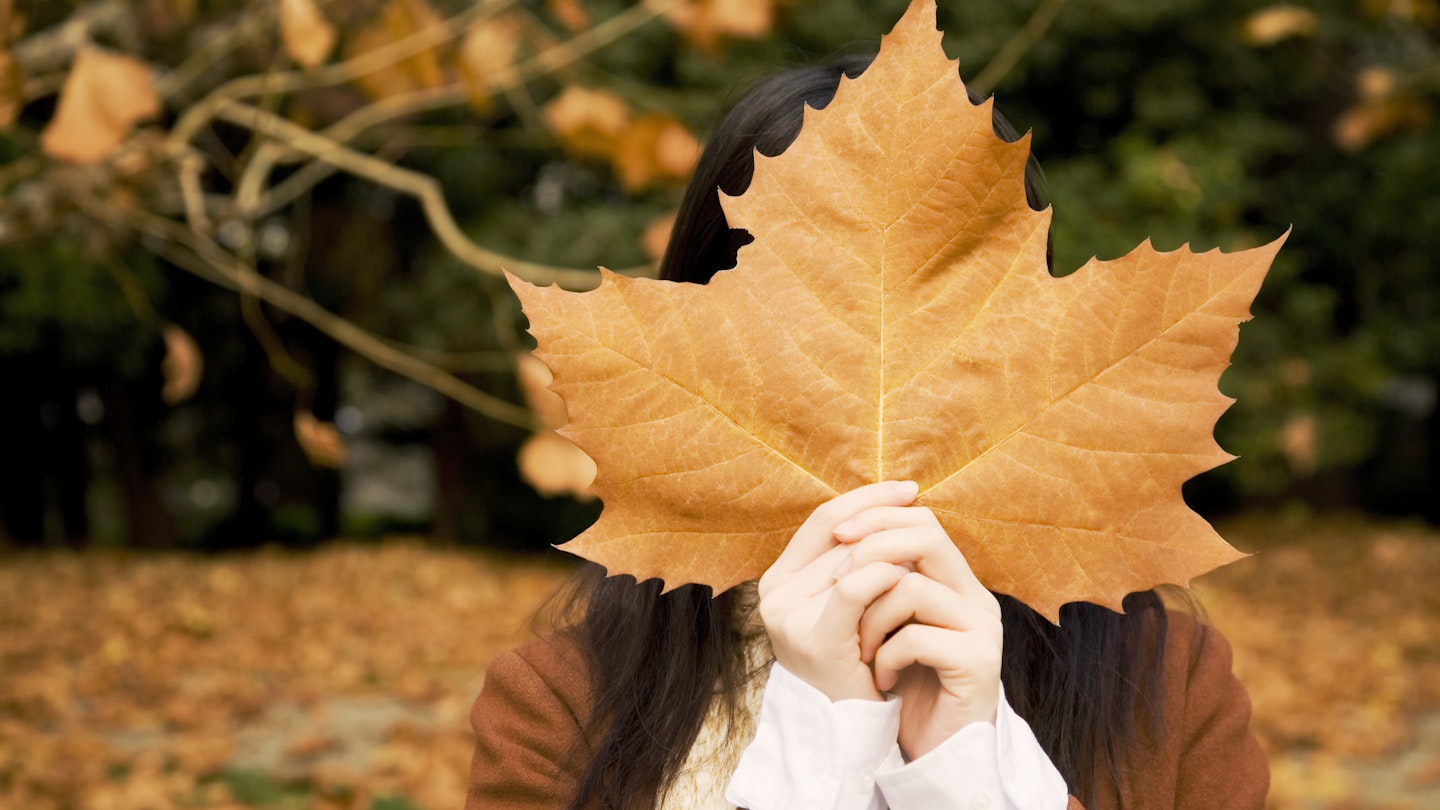Last week, I watched the sun set through my bedroom window. It had been the sort of autumn day that a Hollywood director might try to order straight from Central Casting - crisp, clear and cloudless, with subtle but invigorating chill in the air. I watched the sun sink into the sky like a Viking funeral ship that had been set alight and sent to the bottom of the ocean, and sighed contentedly before seeing the time. It wasn’t 7PM yet! How could the day be over? I hadn’t done enough! Also, the clocks would be changing soon and daylight hours would be getting even more scarce. I’d been looking forward to autumn, but suddenly I felt exhausted, anxious and overwhelmed. In my head, I time travelled to December. It was getting colder and darker, the year would end in just over three months, I hadn’t achieved enough and I didn’t have the energy to keep pushing - I just wanted an early night and a hot bowl of custard.
Seasonal Affective Disorder is widely discussed but poorly understood. For a long time it’s been connected with people responding to the reduced number of daylight hours during the autumn and winter months. This is a significant factor, but SAD can affect us all in a wide range of ways. The NHS lists symptoms that include a persistent low mood, having less energy than usual, wanting to sleep more and craving carbohydrates. This is essentially a description of my entire life during an average November. I know what I’m up against this winter - but can I fight the feelings and stave off the SAD? I asked my therapist for advice.
‘Firstly, let’s talk about self compassion. It is cold and dark, and our instincts are to wrap up warm, stay indoors and eat more. Within reason, it’s perfectly OK to go with that. You’re not a failure if you’re not up at 6AM and travelling to the gym when it’s pitch black outside. It is perfectly alright to curl up with red wine and Strictly instead of planning how to launch a new work project. I think that in many cases, the anxiety that comes with SAD depression for women in their twenties and thirties is connected with the fact that so many of you are so ambitious. Ambition is great, but it’s important that you recognise this seasonal shift moves the goalposts further away. If that stops feeling inspiring and starts making you feel worthless, it’s vital that you stop pushing.’
Her words were liberating. I felt as though I’d been given permission to hibernate. For me, the trouble is that my instincts are always fighting each other. Half of me wants to go to bed until March with an intravenous Baileys drip. The other half is screaming “But it’s back to school!” and believes that after a slothful summer, it’s time for me to make my life neat, shiny and organised. So I talked to my friend Cathy*, 34, who has been through debilitating periods of depression and has amassed an arsenal of practical tips to keep going in the winter. She explained ‘The trouble is that I’ve been through periods of my life when I’ve been in bed, feeling bad, for months at a time. So a ‘duvet day’ works for some of my friends, when they need a recharge - but my brain associates a day in bed with depression, and it can send me spiralling. It can be so hard to do in the winter, but I start most days with a short walk. I don’t have to shower first, I don’t have to dress properly, but I do have to spend at least 15 minutes out of the house before I do anything else. This really helps at weekends - I don’t feel so useless and I don’t lie in bed until lunchtime fretting that I’m ‘wasting’ my time off.’
Cathy says that she uses a lightbox in the winter too. ‘It’s made the season much easier, but it’s definitely not a substitute for being outside.’ Like Cathy, I love a walk, and I have friends who swear by Bryony Gordon’s group, Mental Health Mates, which holds meet ups and walks all over the country for people who are struggling with their mental health. One told me ‘I started going on the walks at around this time last year. It suddenly hit me that for the first time in my life I wasn’t dreading winter, because I was looking forward to the meet ups so much.’
Helen* tells me that she got through the tricky season by joining a choir. ‘I read that singing with a group of people has a measurably positive effect on mental health and so I found a choir near me that was supportive of all singers, and didn’t require you to audition. Instead of feeling a bit slow and gloomy, I’m energised by looking forward to weekly rehearsals and our Christmas concert. I’m not a brilliant singer, but it doesn’t matter - being part of such a lovely community has really changed the way I feel about this time of year, for the better.’
When it’s darker and colder, we tend to spend more time by ourselves, and so the winter blues can feel deeply isolating. I find it very comforting to remember that it’s a struggle for everyone. Talking to other women about their struggles was inspiring on different levels - partly because hearing their advice and experiences was enlightening, and partly because simply connecting and sharing can be such a mood booster. If you’re finding the seasonal shift difficult to deal with, it’s worth trying out their tips, but first, it might simply help to tell someone how you feel. It’s lonely, but I promise you’re not alone.
READ MORE: What Is The Algorithm Birth Control Method And Does It Work?
READ MORE: Got The Blues: What's Behind The Sunday 'Fear' Feeling?
